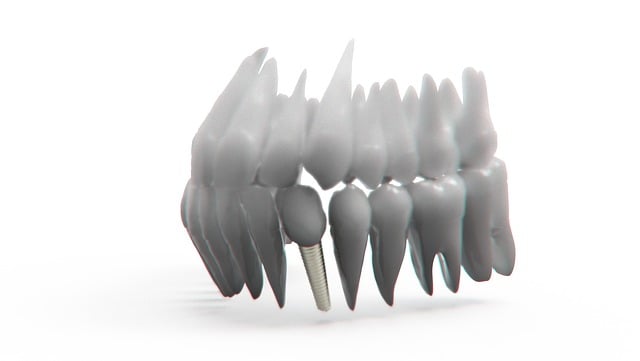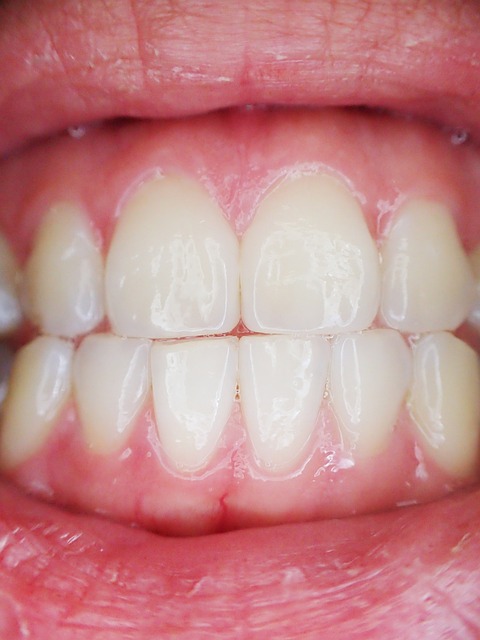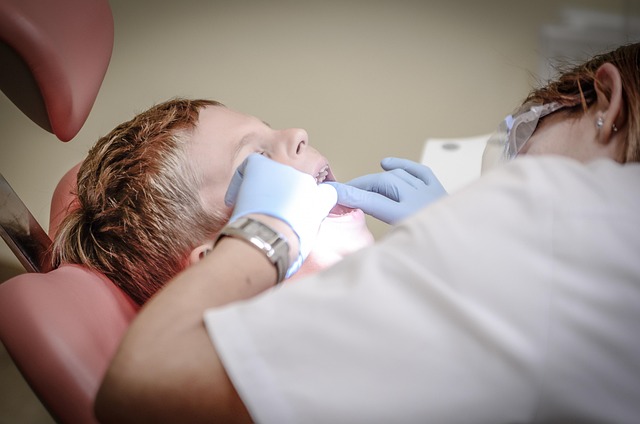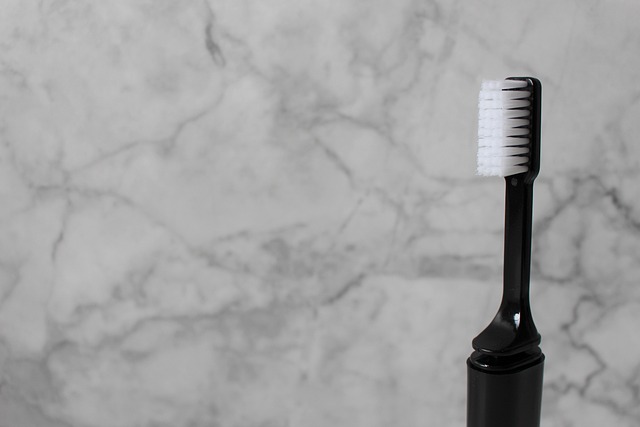Tooth extraction by oral surgeons is necessary for severely damaged or diseased teeth (e.g., advanced decay, dental trauma, impacted wisdom teeth). It involves removing the entire tooth including its root, after considering alternatives to preserve natural teeth. Choosing an experienced oral surgeon in Eugene, Oregon with specialized training and positive patient reviews ensures a smoother process. The procedure uses local anesthesia for comfort, followed by careful extraction and aftercare instructions for optimal healing. Regular check-ins are crucial for proper healing, avoiding smoking, spitting, and straws for 24 hours post-op.
“Considering tooth extraction? You’re not alone. Many in Eugene, Oregon turn to oral surgeons for this common procedure. This guide navigates the process, offering insights into ‘Understanding Tooth Extraction’ and emphasizing the critical decision of ‘Choosing the Right Surgeon’. We break down ‘Key Factors’ to ensure a safe, effective experience. From pre-op preparations to post-extraction care, learn what to expect during and after your tooth extraction procedure for optimal healing. Find your trusted oral surgeon in Eugene, Oregon today.”
- Understanding Tooth Extraction: When and Why It's Necessary
- Choosing the Right Oral Surgeon in Eugene, Oregon: Key Factors
- What to Expect During and After Your Tooth Extraction Procedure
Understanding Tooth Extraction: When and Why It's Necessary

Tooth extraction, or dental extraction, is a common procedure performed by oral surgeons when a tooth is severely damaged or diseased and cannot be saved through fillings, crowns, or other restorative methods. It involves the removal of the entire tooth, including its root, from the mouth. This decision is not taken lightly, as it’s typically the last resort after exploring all other options to preserve the natural tooth.
There are several reasons why a tooth might need extraction. Common scenarios include advanced tooth decay that has compromised the structural integrity of the tooth, severe dental trauma resulting in excessive damage or misalignment, impacted wisdom teeth that are unable to erupt properly and cause pain or infection, and certain orthodontic treatments where extractions help create space for other teeth. Understanding when and why tooth extraction is necessary is crucial in maintaining optimal oral health and ensuring the best possible outcome for future dental procedures.
Choosing the Right Oral Surgeon in Eugene, Oregon: Key Factors

When choosing an oral surgeon in Eugene, Oregon, for procedures like tooth extraction, it’s crucial to consider several factors that ensure your safety and satisfaction. First, look for a surgeon with extensive experience and specialized training in tooth extraction techniques. This expertise ensures a smoother and more comfortable procedure. Additionally, check their credentials, licenses, and any reviews or testimonials from previous patients to gauge their reputation and the quality of care they provide.
Reputation is also essential when selecting an oral surgeon. Ask for referrals from friends or family members who have had similar procedures done. Online reviews can offer insights into not just the surgeon’s skills but also their bedside manner, office environment, and aftercare support—all vital aspects of a positive patient experience. A good oral surgeon will prioritize your comfort and ensure you understand the entire process before proceeding with any tooth extraction or other dental work.
What to Expect During and After Your Tooth Extraction Procedure

During your tooth extraction procedure, our skilled oral surgeons will first administer local anesthesia to numb the area around the tooth. This ensures a comfortable and pain-free experience during the extraction. They will then gently rock the tooth back and forth to loosen it, before carefully removing it from its socket. The entire process is usually swift and efficient, but it’s important to follow your surgeon’s instructions for optimal healing post-procedure.
After the tooth extraction, it’s normal to experience some discomfort and swelling in the extracted area. Our team will provide you with detailed aftercare instructions, including recommendations for cold compresses, over-the-counter pain relievers, and dietary choices. It’s crucial to avoid smoking, spitting, or using a straw for 24 hours post-op, as these activities can increase bleeding and disrupt the healing process. Regular check-ins with your surgeon will ensure proper healing and address any concerns promptly.






